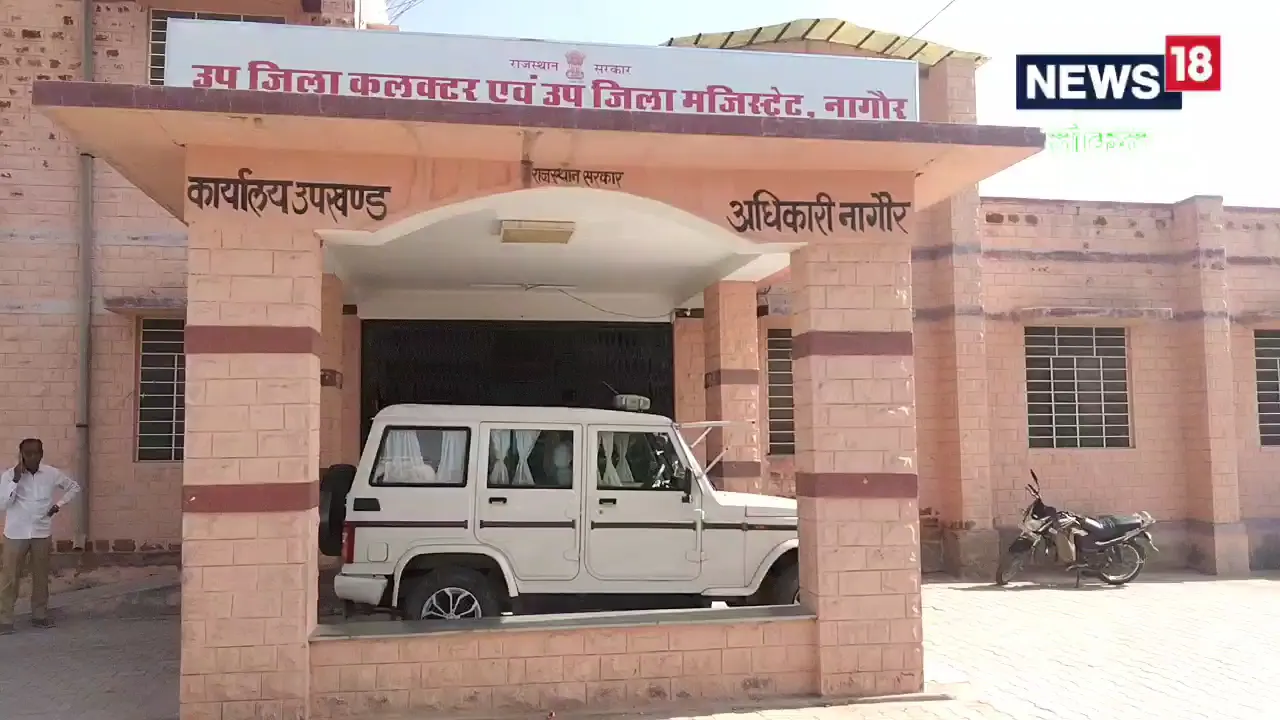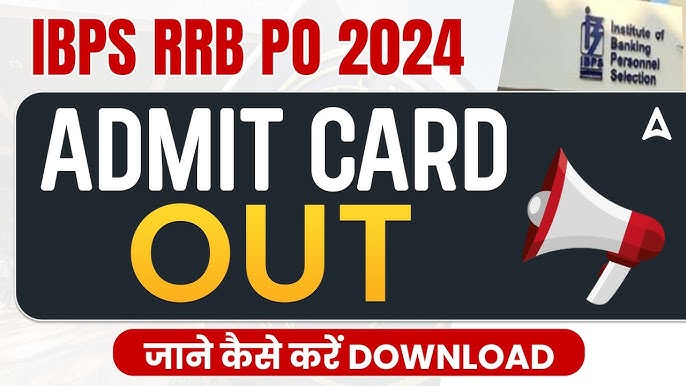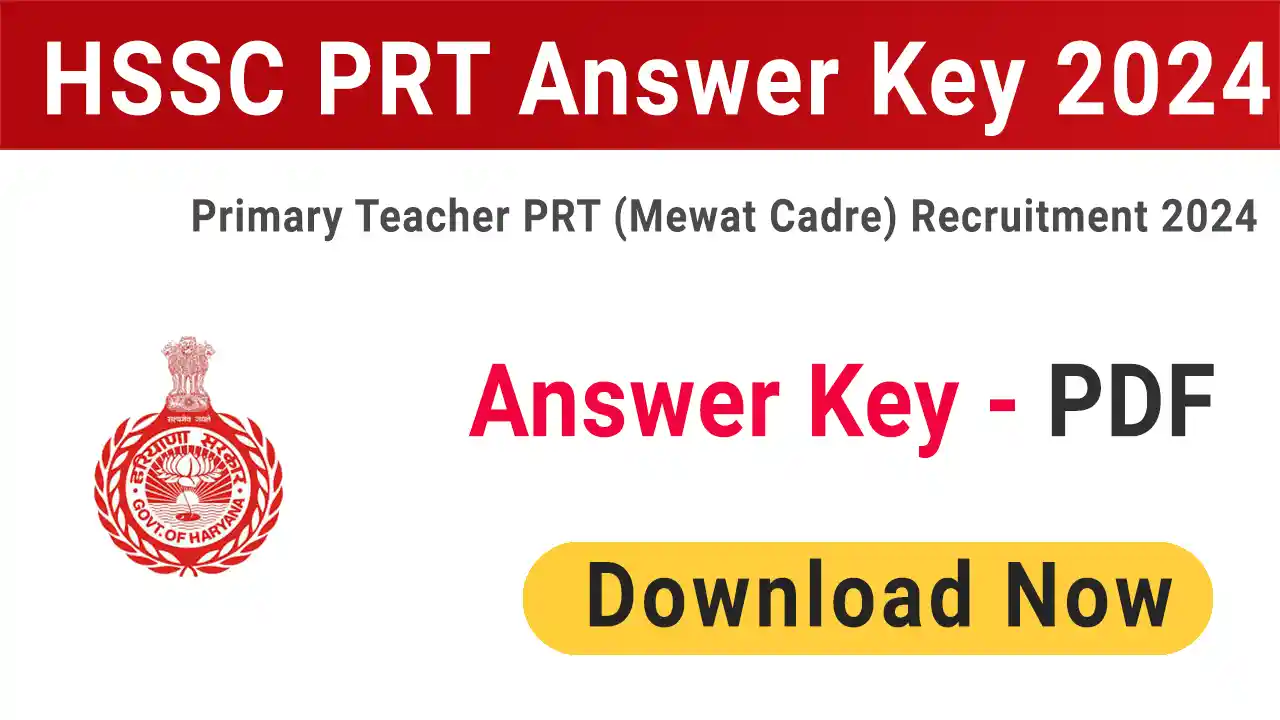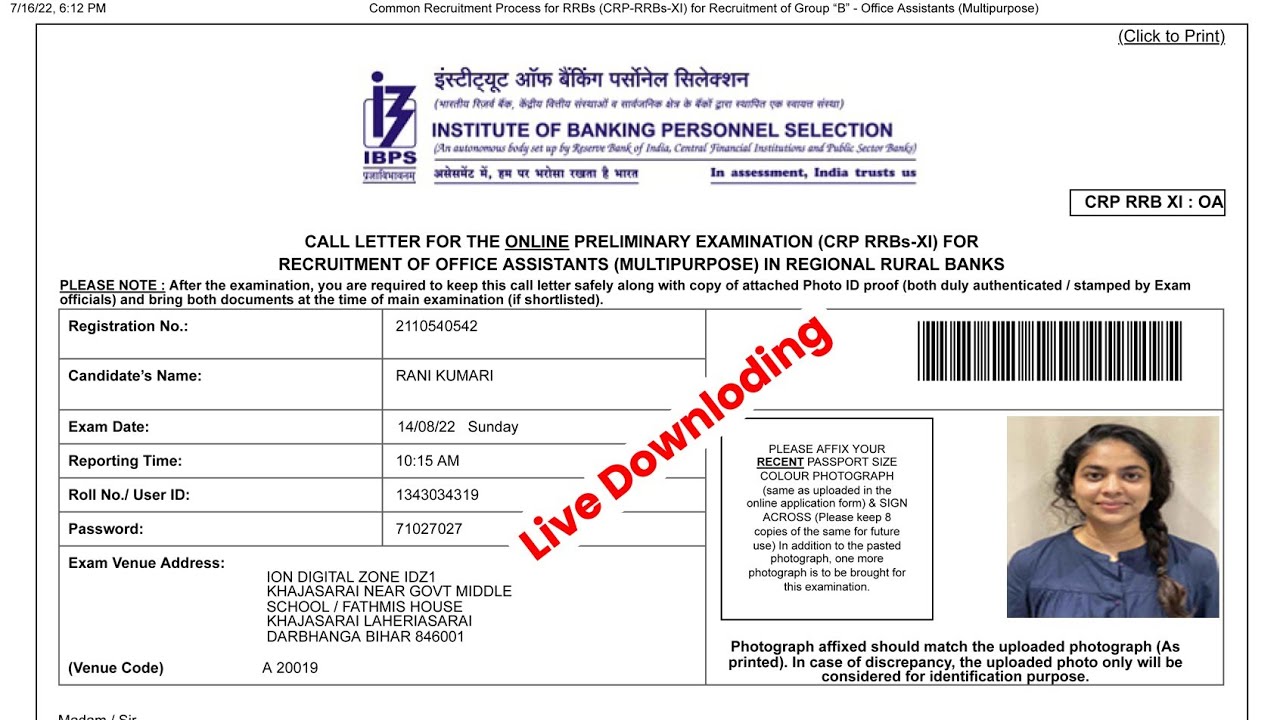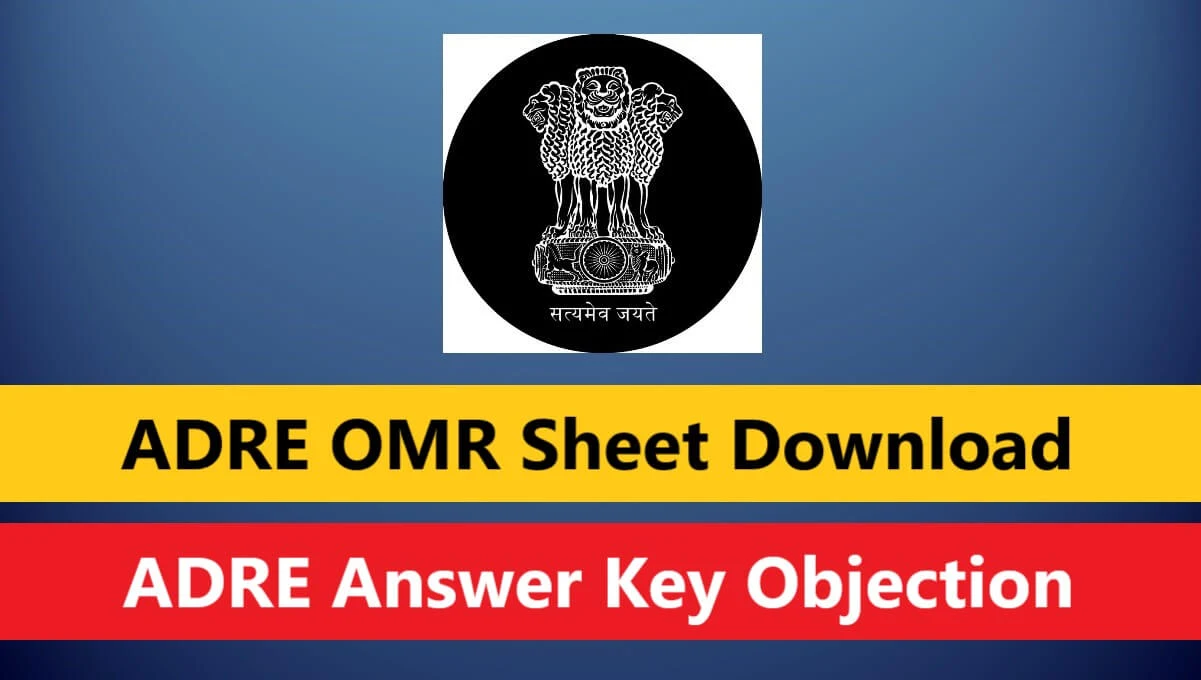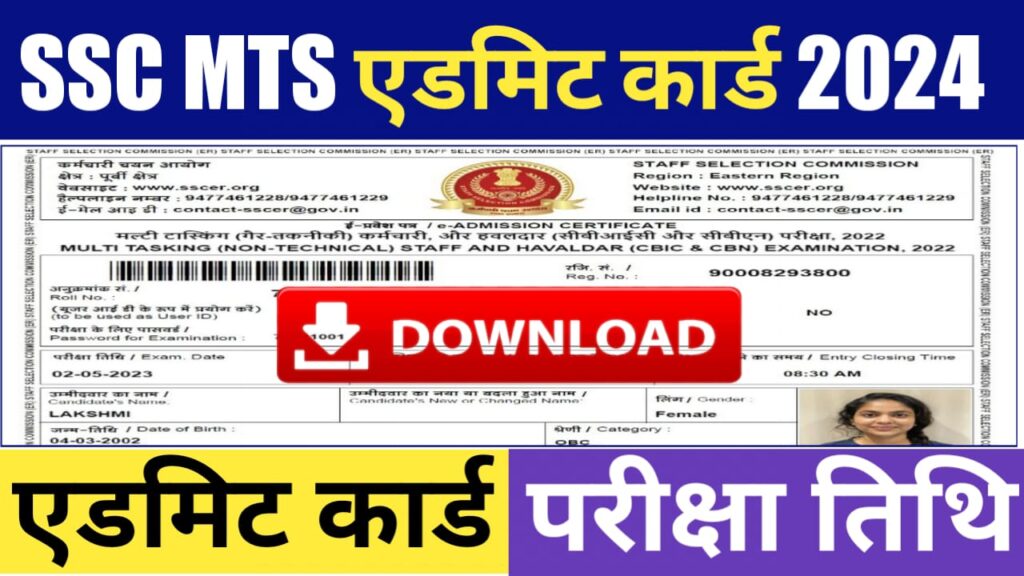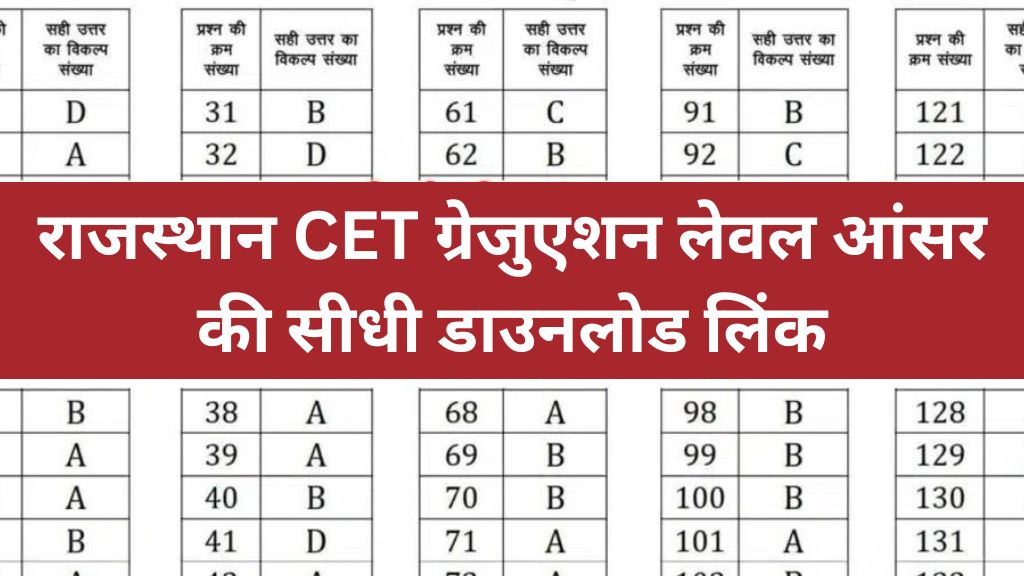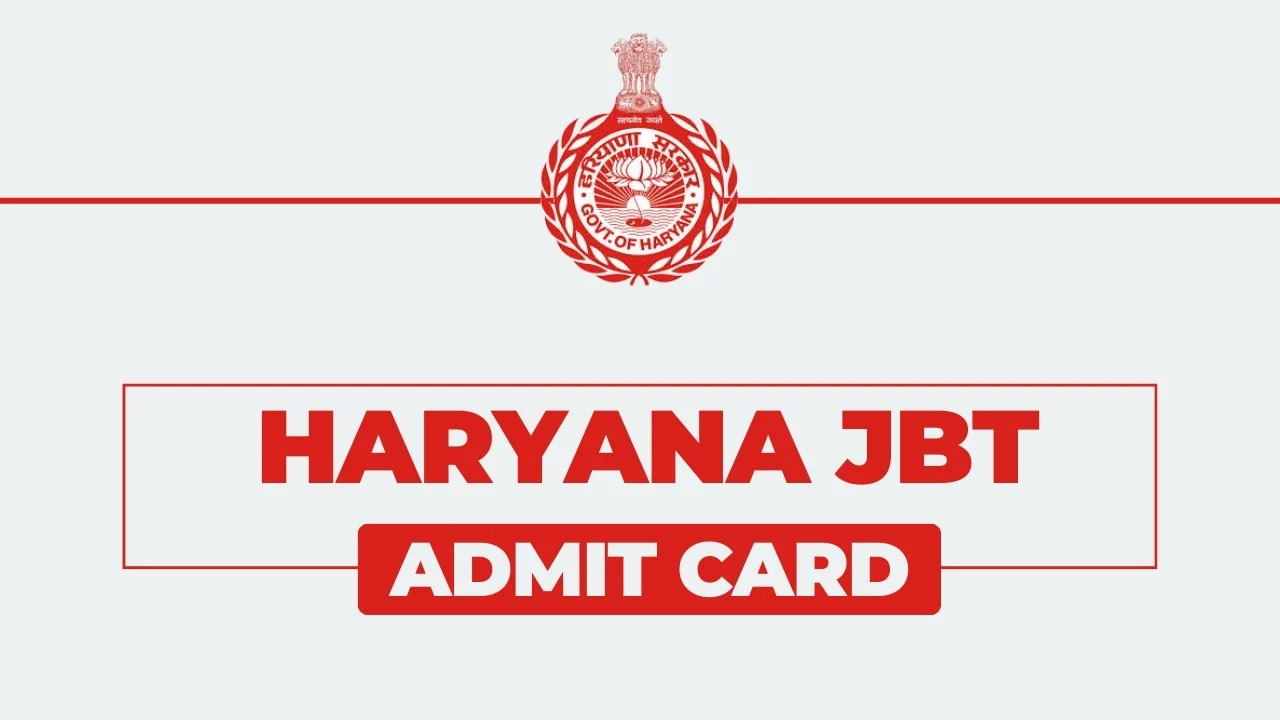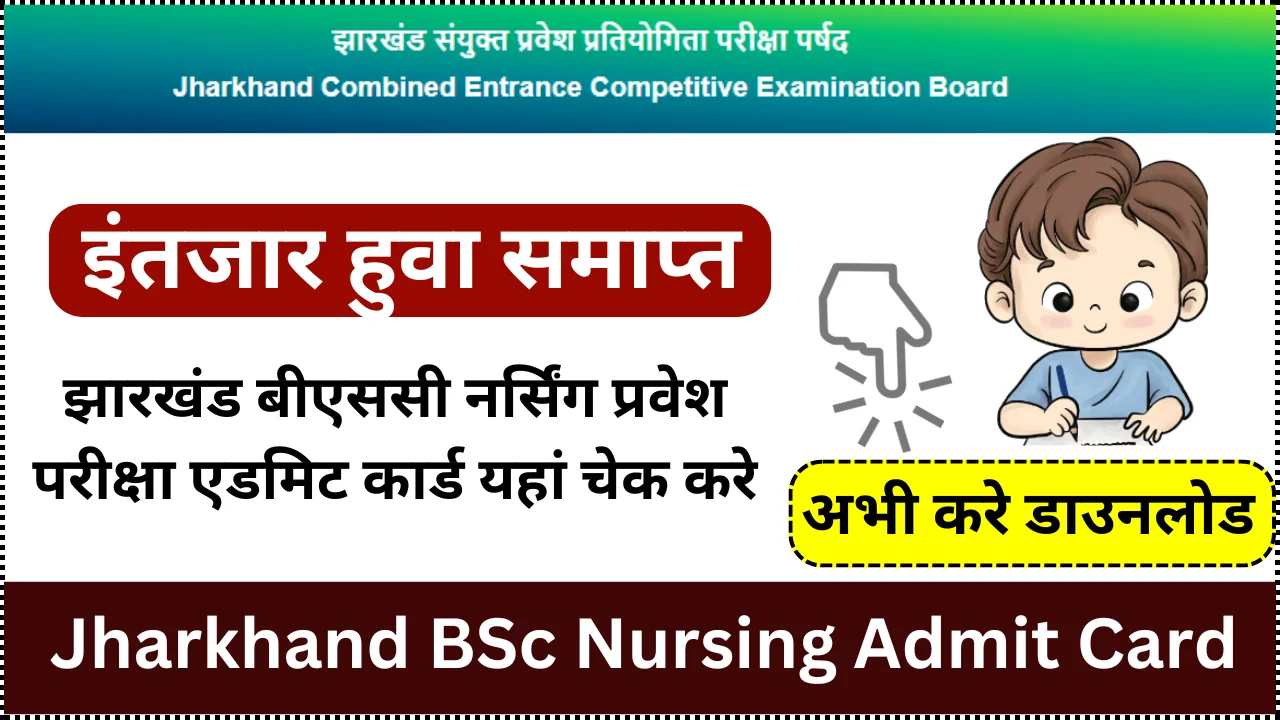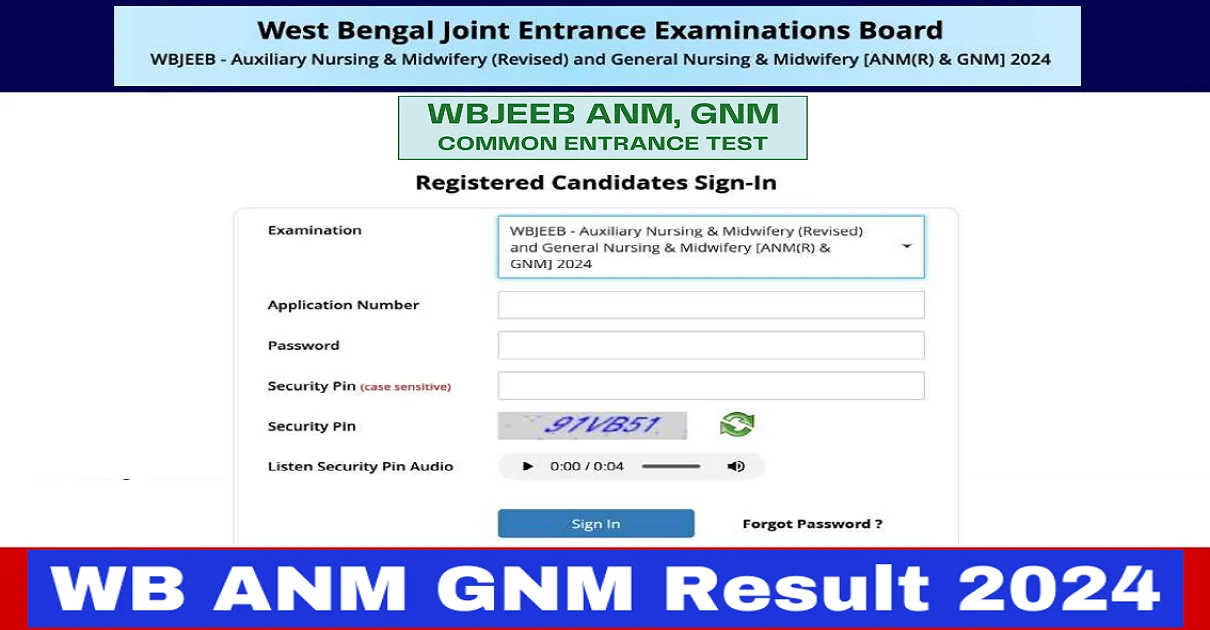The Vardhman Mahaveer Open University (VMOU), Kota, offers a comprehensive Bachelor of Arts (BA) program designed to provide students with a strong foundation in various disciplines. The BA 1st Year syllabus plays a crucial role in shaping the academic understanding of students in subjects ranging from the humanities to social sciences. For the academic session of 2024-2025, VMOU has curated an updated syllabus for BA 1st Year that aligns with current trends and learning outcomes in each field of study.
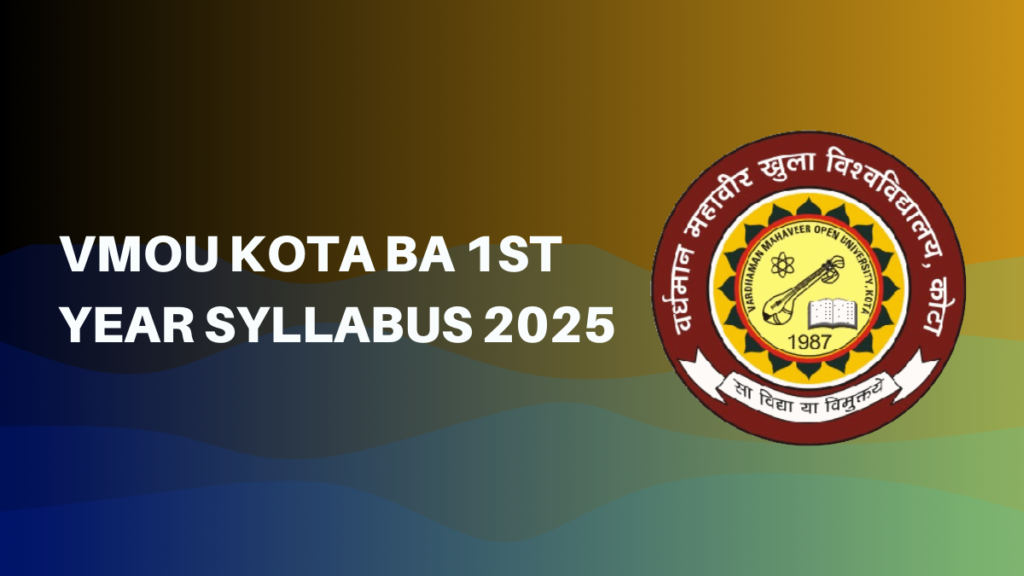
In this article, we will cover the VMOU Kota BA 1st Year Syllabus 2025 in detail, including the major subjects offered, key topics covered in each subject, and how the syllabus is structured to ensure a well-rounded education.
Importance of the BA 1st Year Syllabus
The first year of any undergraduate program sets the foundation for the rest of the course. The BA 1st Year syllabus at VMOU is designed to introduce students to the basic concepts, theories, and frameworks in their chosen fields. It also helps in developing critical thinking, analytical skills, and a broader understanding of the world. Here are a few reasons why the BA 1st Year syllabus is important:
- Foundation Building: The 1st year syllabus lays the groundwork for the advanced topics that students will study in the subsequent years.
- Exposure to Diverse Subjects: In addition to core subjects, students are introduced to a variety of electives, helping them gain a multidisciplinary perspective.
- Skill Development: The syllabus emphasizes practical skills such as writing, research, and critical analysis, which are valuable for both academic and professional growth.
- Exam Preparation: Understanding the syllabus is essential for exam preparation, as it helps students focus on key areas that are likely to be tested.
Structure of VMOU BA 1st Year Syllabus 2025
The BA 1st Year syllabus at VMOU is divided into various subjects, each of which is assigned a certain number of credits. Students are required to complete the assignments and attend exams based on the topics covered in the syllabus. The subjects can broadly be categorized into core subjects and elective subjects.
Core Subjects
Core subjects are compulsory and form the backbone of the BA program. These subjects are designed to introduce students to the fundamental concepts of arts and social sciences.
Elective Subjects
Elective subjects offer students the flexibility to choose topics that align with their interests. These electives allow students to specialize in specific areas or explore new domains outside of their core subjects.
VMOU BA 1st Year Syllabus 2025: Subject-Wise
Below is a subject-wise breakdown of the syllabus for VMOU BA 1st Year 2025. You can manually add specific topics under each subject category.
| Course Type | Subject Code | Study Material | Syllabus |
|---|---|---|---|
| Optional | GE-01/Physical Geography | SLM | Syllabus |
| Optional | GE-02/Geography of Rajasthan | SLM | Syllabus |
| Optional | GE-03/Practical Geography | SLM | Syllabus |
| Compulsory | QES/Environmental Studies | SLM | Syllabus |
| Compulsory | QHD/General Hindi | SLM | Syllabus |
| Optional | RJ-01/Adhunik Rajasthani Gadh Sahitya | SLM | Syllabus |
| Optional | RJ-02/Adhunik Rajasthani Padh Sahitya | SLM | Syllabus |
| Optional | SA-01/Natak, Katha, Sahitya, Chhand evam Alankar | SLM | Syllabus |
| Optional | SA-02/Bhartiya Sanskriti ke Tatv, Pad, Sahitya, Anuvad evam Vyakaran | SLM | Syllabus |
| Optional | SO-01/Introductory Sociology | SLM | Syllabus |
| Optional | SO-02/Society in India | SLM | Syllabus |
| Optional | SW-01/Social Work : Concept, Meaning and Philosophy | SLM | Syllabus |
| Optional | SW-02/Historical and Professional Development of Social Work | SLM | Syllabus |
| Optional | UD-01/Gair Afsanvi Nasra | SLM | Syllabus |
| Optional | UD-02/Urdu Gazal | SLM | Syllabus |
| Optional | EC-01/Micro Economic Theory | SLM | Syllabus |
| Optional | EC-02/Issues in Indian Economic Development | SLM | Syllabus |
| Optional | ED-01/Understanding Education | SLM | Syllabus |
| Optional | ED-02/Understanding Learner | SLM | Syllabus |
| Optional | EG-01/Poetry and Drama | SLM | Syllabus |
| Optional | EG-02/Prose and Fiction | SLM | Syllabus |
| Optional | GP-01/Mahatma Gandhi : His Life and Work | SLM | Syllabus |
| Optional | GP-02/Peace Studies | SLM | Syllabus |
| Optional | HD-01/Prachin evam Madhyakalin Kayva | SLM | Syllabus |
| Optional | HD-02/Katha Sahitya | SLM | Syllabus |
| Optional | HI-01/History of India (Earliest Time to 1200 AD) | SLM | Syllabus |
| Optional | HI-02/History of Rajasthan (Earliest Time to 1956 AD) | SLM | Syllabus |
| Optional | JM-01/Computer Application and Cyber Media | SLM | Syllabus |
| Optional | JM-02/Communication and Development Communication | SLM | Syllabus |
| Optional | MT-01/Discrete Mathematics | SLM | Syllabus |
| Optional | MT-02/Calculas and Differential Equations | SLM | Syllabus |
| Optional | MT-03/Co-ordinate Geomatery and Mathematical Programming | SLM | Syllabus |
| Optional | PA-01/Principles of Public Administration | SLM | Syllabus |
| Optional | PA-02/Public Administration in India | SLM | Syllabus |
| Optional | PS-01/Foundation of Political Science | SLM | Syllabus |
| Optional | PS-02/Indian Political Thinkers | SLM | Syllabus |
1. Hindi (हिन्दी)
The Hindi syllabus typically includes the study of Hindi literature, grammar, and writing skills. Students are expected to engage with classical and modern literary texts, analyze poems and essays, and develop their proficiency in the language.
- Key topics include:
- History of Hindi Literature
- Grammar and Composition
- Essay Writing
- Literary Analysis of Famous Hindi Works
2. English (अंग्रेज़ी)
English is often a compulsory subject in the BA program. The syllabus usually focuses on enhancing students’ language skills, literary understanding, and critical analysis. Students are exposed to both classical and contemporary works in English literature.
- Key topics include:
- Prose and Poetry Analysis
- Grammar and Vocabulary Building
- Introduction to English Literature
- Writing Skills: Essays, Reports, and Letters
3. History (इतिहास)
History is a popular subject among BA students, focusing on understanding historical events, movements, and key figures that shaped the world. The syllabus often spans across ancient, medieval, and modern history.
- Key topics include:
- Ancient Civilizations: Indus Valley, Mesopotamia, etc.
- Medieval Indian History
- World History: Renaissance, Industrial Revolution
- Freedom Movements in India and Around the World
4. Political Science (राजनीति विज्ञान)
Political Science introduces students to the functioning of governments, political ideologies, and the role of political institutions. The syllabus covers both Indian and international political systems.
- Key topics include:
- Indian Constitution and Governance
- Political Theories: Democracy, Socialism, and Capitalism
- Comparative Politics
- Role of Political Parties and Election Systems
5. Sociology (समाजशास्त्र)
The Sociology syllabus provides insights into human societies, social structures, and cultural norms. Students learn about the evolution of social institutions and the impact of societal changes on human behavior.
- Key topics include:
- Introduction to Sociology and Social Theories
- Family, Marriage, and Kinship Systems
- Social Stratification and Inequality
- Role of Culture and Religion in Society
6. Economics (अर्थशास्त्र)
Economics in the BA program deals with the basic principles of micro and macroeconomics. The syllabus helps students understand how economies function, market systems, and the impact of government policies on economic growth.
- Key topics include:
- Basics of Microeconomics: Demand, Supply, and Market Equilibrium
- Macroeconomics: National Income, Inflation, Unemployment
- Economic Policies and Development
- Indian Economy: Growth and Challenges
7. Environmental Studies (पर्यावरण अध्ययन)
Environmental Studies is often included as a compulsory subject to raise awareness about environmental issues and sustainability. Students are encouraged to explore solutions to global environmental challenges.
- Key topics include:
- Ecology and Ecosystems
- Environmental Degradation and Pollution
- Climate Change and Global Warming
- Sustainable Development Goals (SDGs)
How to Approach the VMOU BA 1st Year Syllabus
Successfully navigating the BA 1st Year syllabus requires a strategic approach. Here are some tips to help students make the most out of their study experience:
1. Plan Your Study Schedule
Given the breadth of the syllabus, it’s important to break it down into manageable sections. Plan a weekly schedule, allocating time to each subject based on its complexity and your comfort level with the material.
2. Utilize VMOU Study Materials
VMOU provides detailed study materials for each subject, which are tailored to the syllabus. These materials are a great resource for understanding the concepts covered in the syllabus and for preparing for assignments and exams.
3. Participate in Group Discussions
If possible, engage in study groups with fellow students. Group discussions can help clarify complex topics, provide new perspectives, and enhance understanding through collaborative learning.
4. Practice Previous Year Papers
Going through previous year question papers can give you a good idea of the type of questions to expect in the exams. It also helps you assess which topics are most frequently covered.
5. Regular Revision
Regular revision is key to retaining information. Make sure to revisit each subject periodically, especially before exams, to ensure that you’re well-prepared.
Conclusion
The VMOU Kota BA 1st Year Syllabus 2025 is designed to provide students with a well-rounded education that covers both core subjects and electives. By mastering the topics in the syllabus, students can build a strong foundation for their academic and professional future. With proper planning, diligent study habits, and the use of the resources provided by VMOU, students can successfully complete their first year of the BA program.
This syllabus not only encourages intellectual growth but also prepares students for the challenges they may face in higher education and beyond. Ensure to keep track of any syllabus updates and stay in touch with your study center for any clarifications.
You can now add the syllabus topics under each subject header as needed.

